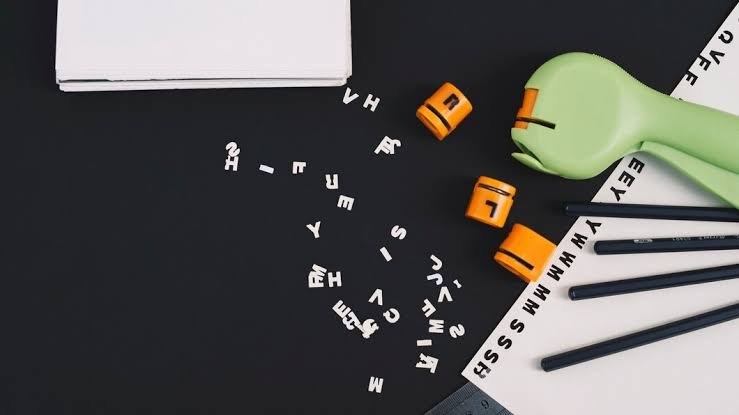When you think about words in English, you might not realize how fascinating their sounds can be. One of the most interesting sounds is the “Z” sound, which often brings energy and life to words. In this blog post, we’ll dive into a list of X words that have a Z sound, explore why this sound is so unique, and provide examples you can use to improve your language skills or even impress your friends. Let’s jump in!
What’s Special About the “Z” Sound?
The “Z” sound, represented by the letter “Z” or even “S” in some cases, is one of the voiced consonants in English. It adds a buzz to words, making them stand out when spoken. Understanding and identifying this sound can help with pronunciation, spelling, and even language learning.
Here’s a quick fact: not all words with the “Z” sound are spelled with the letter “Z.” Many use “S” to create the same effect, as in roses or buzzer. Let’s explore this further.
Top X Words That Have a Z Sound
Here’s a carefully curated list of words where you can clearly hear the “Z” sound. We’ve divided them into categories for easier reference.
1. Everyday Words with the Z Sound
- Zoo
- Zebra
- Zip
- Zap
- Zipper
These are simple words that many of us use or learn early in life. They are perfect examples of how the “Z” sound adds a fun twist to language.
2. Common Words with the “S” Letter but Z Sound
- Is
- Was
- Has
- Busy
- Nose
Notice how the “S” takes on a “Z” sound, particularly in words like busy and nose. This is a great reminder that English doesn’t always play by its own spelling rules!
3. Action Words (Verbs) with a Z Sound
- Freeze
- Sneeze
- Tease
- Blaze
- Amaze
These verbs bring action and excitement to sentences. Adding them to your vocabulary makes your speech more dynamic and engaging.
4. Fun and Unusual Words
- Zany
- Fizz
- Jazz
- Quiz
- Pizza
Who doesn’t love a good pizza or a challenging quiz? These words are fun to say and often spark joy in conversation.
Why Do Some “S” Words Sound Like “Z”?
The secret lies in phonetics. When a word ends in a voiced sound (like a vowel or a voiced consonant), the “S” that follows often turns into a “Z” sound. For example:
- Cats (voiceless “S”) vs. Dogs (voiced “Z”).
This subtle shift makes spoken English flow more naturally. Understanding this rule can improve your pronunciation instantly.
How to Practice the Z Sound
Mastering the “Z” sound doesn’t have to be boring. Here are some tips to make it fun:
- Repeat Tongue Twisters: Try saying, “Zebras zigzag through the zoo” three times fast!
- Sing Songs: Look for songs with lots of “Z” sounds, like children’s rhymes.
- Listen and Mimic: Watch shows or listen to podcasts where speakers use clear, energetic pronunciation.
Fun Facts About the Letter Z
- The letter Z is the least frequently used letter in English.
- It’s known as “zed” in British English and “zee” in American English.
- Z is often associated with speed, energy, and excitement, like in the word zoom!
Why Learning the Z Sound Matters
Whether you’re a native speaker or learning English as a second language, understanding and practicing the “Z” sound enhances your clarity and confidence. It’s a small step with a big impact on your communication skills.
Conclusion
The “Z” sound is a vibrant and essential part of the English language. From common everyday words to quirky and fun terms, it adds personality and flair to our speech. By exploring this list of X words that have a Z sound, you’re not only expanding your vocabulary but also unlocking the magic of pronunciation. So, go ahead—practice these words and let the buzzing begin!
FAQs
1. Why do some words with an “S” sound like they have a “Z”?
This happens because of voiced and voiceless sounds in English. When “S” follows a voiced sound, it often takes on a “Z” sound for smoother speech.
2. Are there any rules for when “S” sounds like “Z”?
Yes! Typically, if the preceding sound is voiced, the “S” becomes a “Z,” like in dogs or roses.
3. What are some easy ways to practice the “Z” sound?
Try tongue twisters, repeat words aloud, or listen to native speakers and mimic their pronunciation.
4. Can you name five words with the “Z” sound that don’t use the letter Z?
Sure! Examples include is, was, busy, nose, and has.
5. Is the “Z” sound the same in every language?
No, the “Z” sound varies across languages. Some languages don’t use it at all, while others might pronounce it differently.

